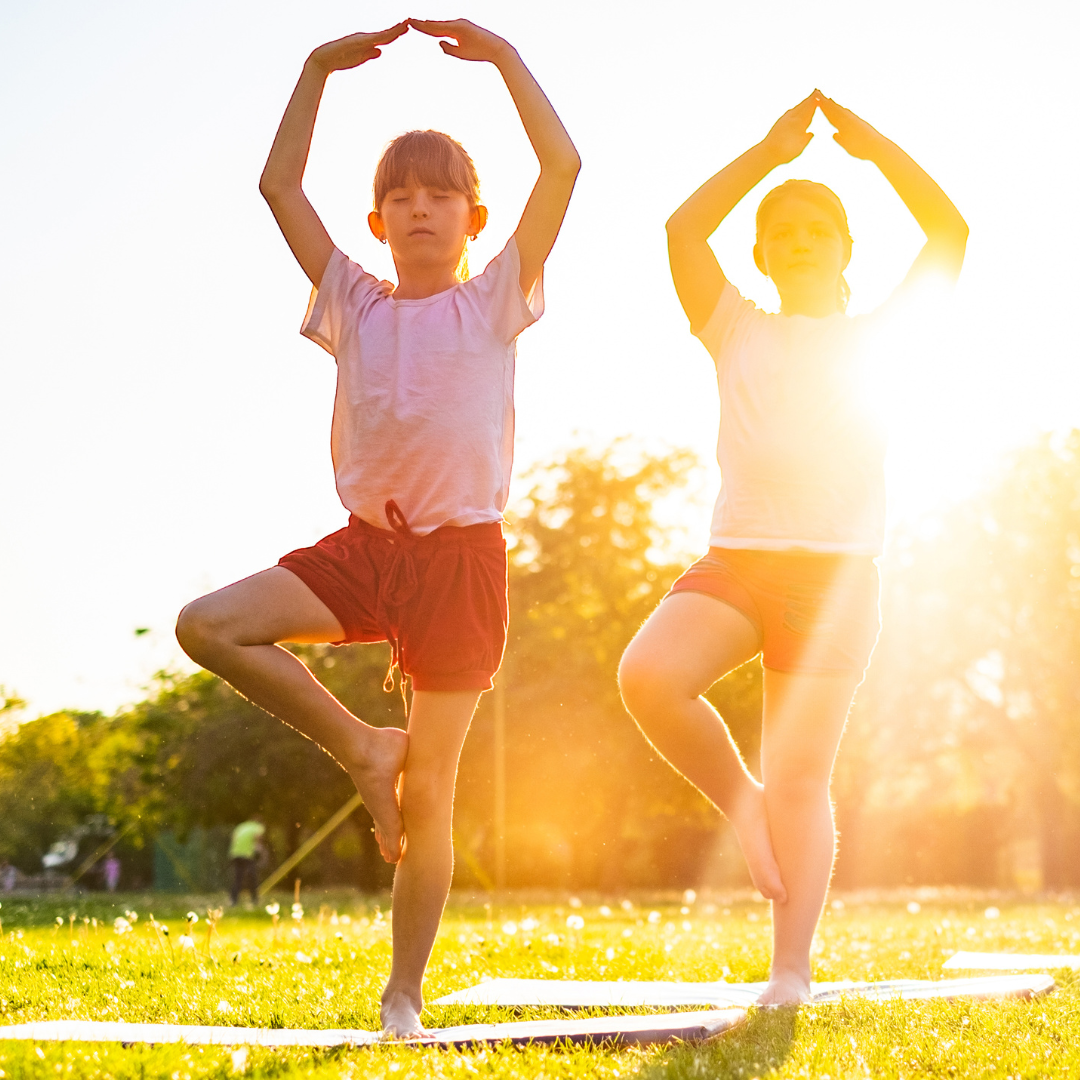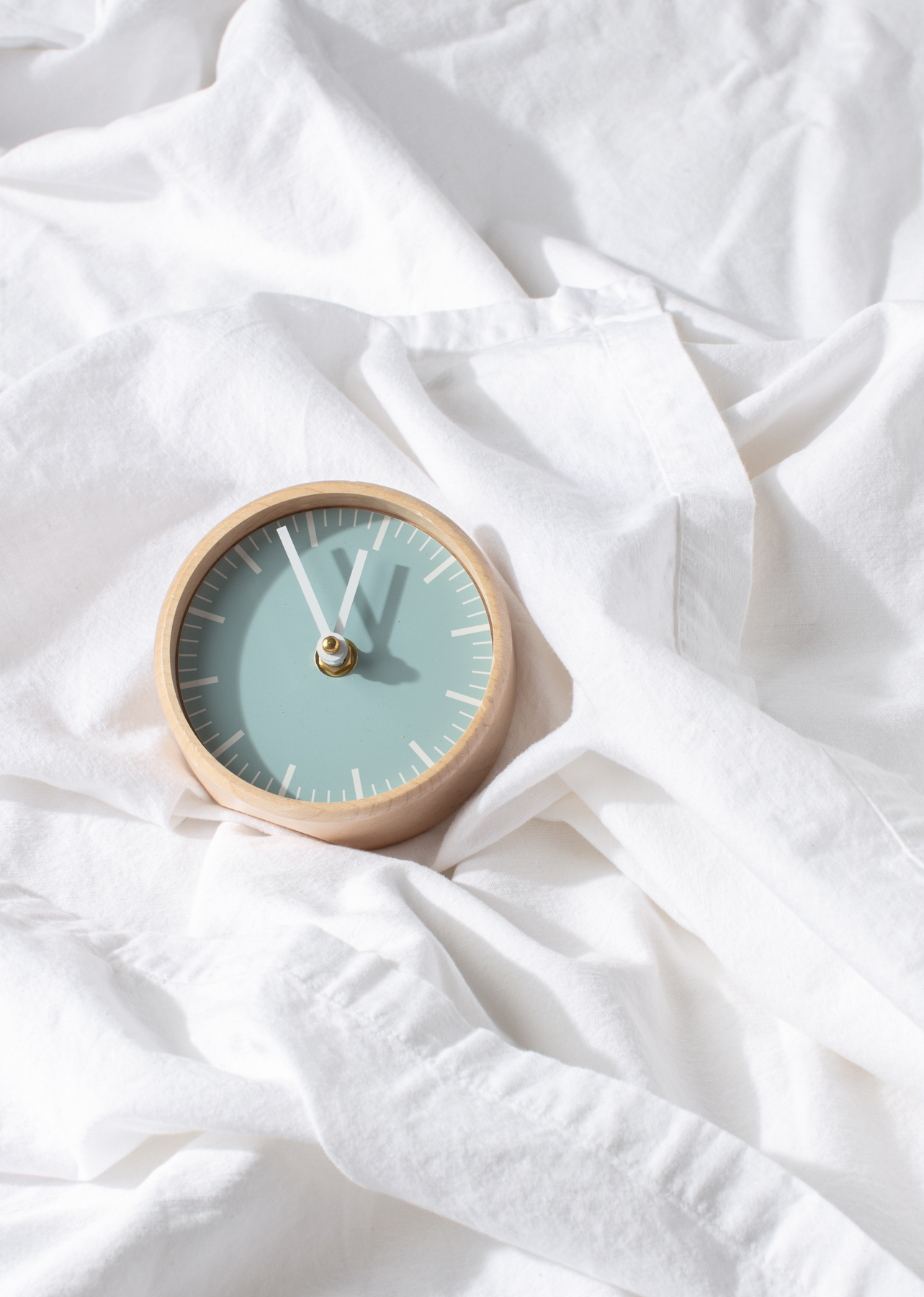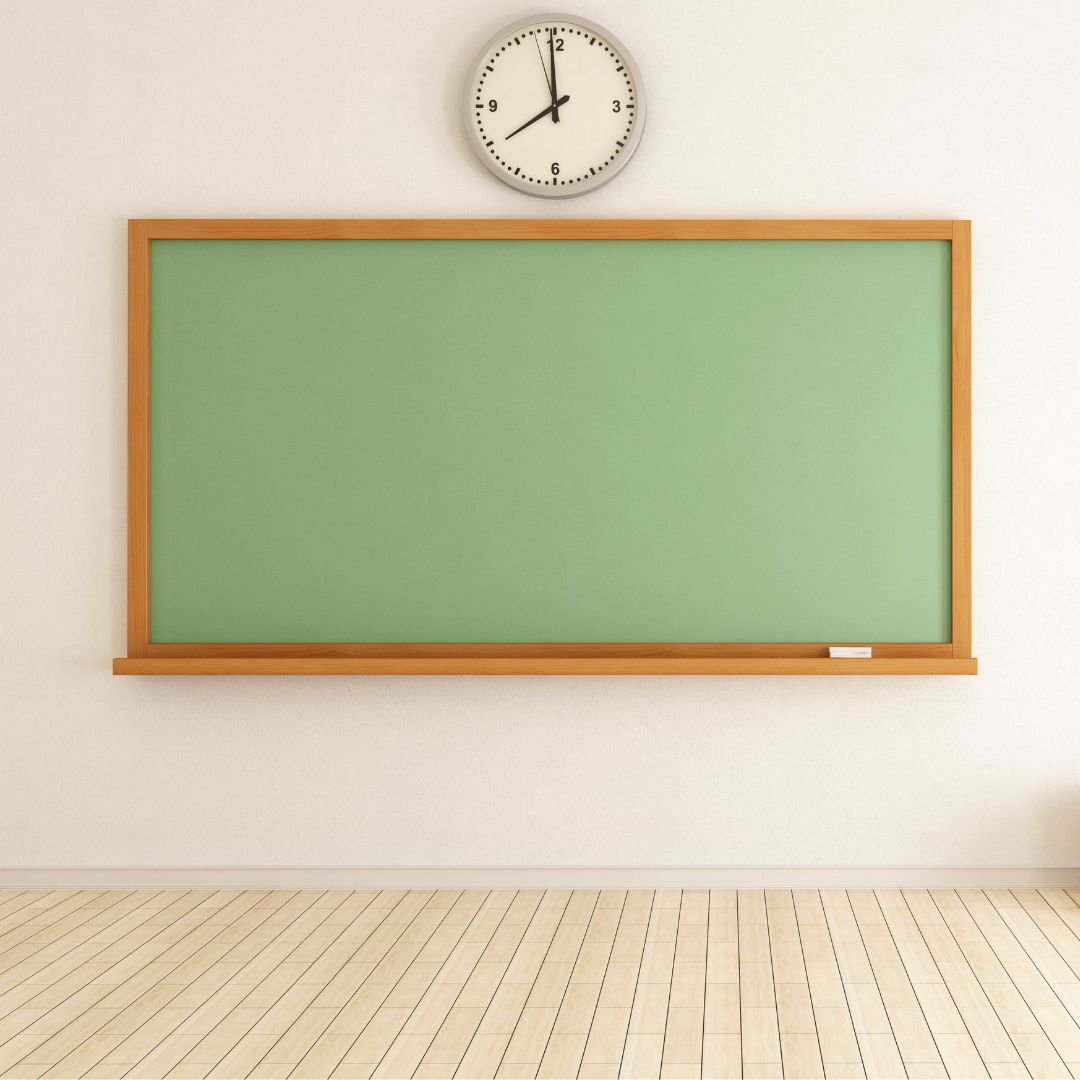One question on so many parents’ minds is, “When and how do I go about talking to tweens about their diagnosis?” Today, Jessica Snider is sharing her journey of diving into ADHD resources for tweens. After doing endless searches to find tools for her daughter to learn more about her ADHD, she came up empty handed. So she set out to create a presentation to educate her daughter about ADHD and empower her with the unique strengths that she has resulting from her ADHD. Thank you, Jessica and Bailey, for sharing your story on the blog today! Note: This post was originally written in 2020 and has been migrated to this blog. After reading her guest post, if you would like more information on ADHD and Tweens, check out our podcast episode with Dr. Carrie Jackson.
ADHD Resources for Tweens are in Small Supply
If you are like me, a mom of a “tween” struggling to balance maturing hormones along with her ADHD, all the while being stuck, um, I mean safe at home, you may be finding yourself at a loss on how to help! My daughter Bailey is 12 going on 20! She is full of spunk and happiest when she is busy.
In an effort to support her busy nature, I created a “Summer Health Challenge” for her and her sister Cassidy (9) where they each focus on specific activities daily to earn points. The challenge focuses on both physical and mental health.
We have found that Bailey stays focused for longer periods of time when technology is involved, so I challenged her to research various topics to create fun Powerpoint presentations for the family. She has produced some pretty amazing presentations and has grown in her abilities with regards to technology, research, and communication.
Struggling to Keep My ADHD Tween Challenged, Busy, and Positive
Although the Summer Health Challenge is going well, I found myself struggling to keep Bailey continuously challenged and busy. I wasn’t simply wanting to keep her occupied, biding time until it’s safe to go back to school. I wanted more! My intention was to provide an environment and tools to help her and her sister grow and develop in positive ways. I wanted summer to be fun, but also a learning playground – for all of us! Maybe I was reaching too high. But that was my goal.
As I set out to find more topics and tools to help both of my girls, I found myself knee deep in ADHD resources and information like I have so many times in the past. This time searching for creative, fun learning aids specifically for teens or preteens with ADHD. I wanted to find something that integrated technology and lingo geared towards this age range.
I was hoping for some type of interactive and informative blog or something similar, that would help her navigate life’s current challenges, alongside other kids her age going through the same thing, and who understand each other. After all, they are the real experts!
It’s tough enough for adults to handle the changing school platforms, anxiety of the pandemic, job changes, the inability to visit closely with friends or relatives, the long days at home, and all the emotions that come with it. Imagine being a teen or preteen in this scenario, adding maturing hormones, rapidly fluctuating emotions, impulsivity, inattention, and high energy to the mix. I think it would break even the strongest adult!
Sadly, I did not find the age-appropriate interactive ADHD network or resources I had envisioned for my daughter. So, I set out to do something different.

My Quest to Develop the Perfect ADHD Training – Tween Style
I briefly researched what it would take to start up something like I had envisioned. Although I was extremely energized and motivated, I knew it would not happen quick enough to benefit my daughter (and others) during our current world situation.
I opted instead to develop a personalized training to educate Bailey on ADHD in general, how it manifests in her personally, and some tools that help navigate through challenges to more easily become the best version of herself. My hopes are that it will not only open dialogue and continuing conversations, but also open doors for deeper research, deeper connections with others, and a greater love for herself. One day, maybe I will revisit the interactive teen tools and blogs, but I figured I better focus on getting through the current health crisis safely first. Brighter days are ahead!
I gathered basic data that could be easily understood at her age. I compiled information on the ADHD brain, common symptoms, statements on causation, and added a few famous people with ADHD that she would recognize. It was time to start writing…
My Personalized ADHD Training Outline
I use the term “final draft” loosely because I know modifications and improvements will be made as conversations progress and I receive more feedback. Once fully developed and after mulling it over for a few days, making changes as they came to mind, I was finally ready for my conversation with Bailey. The final outline was as follows:
1) Title: ADHD. The Best Version of Yourself – Explained
2) How to Explain ADHD
-
- Open discussion on what she already knew and what her current perception was of ADHD (the good and the bad)
- Video: https://www.youtube.com/watch?v=jhcn1_qsYmg
- Discussion – What hit home? What did you learn? How do you feel? Validation of feelings
3) What ADHD is and what it is not
-
- Cause(s)
- Tools that help you become the best version of yourself
- What ADHD Is and What it Is Not (see example slide)

4) The Neuroscience of the Brain
Neurotransmitters are chemical messengers, sending information between neurons. The ADHD brain has impaired neurotransmitters in 4 areas of the brain:
-
- Frontal Cortex – Impacts executive function and organization
- Limbic System – Regulates emotion
- Basil Ganglia – Brain to communication “short circuit”
- Reticular Activating System –The relay/pathway for information to enter and leave the brain (inattention, impulsivity, hyperactivity)
Discussion: How do you think it manifests in you personally? Provide examples where possible for each of the 4 areas.
What Causes ADHD? It is unknown for certain what causes ADHD, however there are some contributing factors thought to contribute to or increase symptoms.
- Genetics
- Environmental factors
- Family, community, and your understanding (desire to learn more) can help tremendously
5) Tools That Help You Become the Best Version of Yourself
-
- Medication
- Sunshine and Outdoor Play
- Creating Routines
- Using Planning Tools (Planners, Calendars, Lists, Reminders, Timers, etc.)
- Decreased Sugars and Elimination of Food Dyes
- Exercise, Yoga, Meditation, and/or Breathwork
6) Video: “My Ten Favorite Things about Having ADHD”
Discussion: Watch video and write down a few things you learned. Second, make a list of your favorite personality traits, what are your favorite things about ADHD?
7) You are a Rockstar!
This slide was customized for Bailey, filled with pictures of people she could recognize and highlights of their accomplishments. It included a picture of herself and her personal accomplishments as well.
-
- Other successful people (such as yourself) with ADHD: Michael Phelps, Simone Biles, Howie Mandel, Adam Levine, Justin Timberlake, Jim Carey, and Bailey Snider (my daughter).
The Conversation
I wanted to eliminate as much distraction as possible from the rest of our family. Let’s face it – with ADHD one “pop in” could derail her, diminishing any gains made up to that point. This time was 100% for Bailey’s benefit so the setting was important.
She was in great spirits and very receptive from the start of the training! As we progressed through, her interest maintained and her engagement increased, all the way through to the end. This in itself was a huge win! The format and content seemed to keep her interest in the most positive ways. She offered input and examples that were relevant and helped further the discussion as well as broaden her understanding.
The entire session, including the integrated discussion areas, lasted approximately one hour. In general, her attention starts to wane after 20 minutes unless she is engaged in something she really loves like outdoor activity, miscellaneous screen time, or researching something crazy.
This training was geared towards the ADHD brain of my little Bailey, which means each section was broken into small chunks with a mix of discussion, visuals, entertaining short videos, and individual challenges (asking her to make a list for example). The desired outcome had been achieved.
The Outcome
With this expanded understanding, Bailey and I continue to talk openly about her specific ADHD characteristics and what helps her to do better in areas she struggles with such as remembering more than one task, or maintaining focus on tasks she doesn’t love.
The best part is that she truly embraces ADHD along with the talents and strengths that come along with it.
When asked several weeks after the training, she expressed “ADHD is not all bad. I get distracted easily and I’m more fidgety than others, and sometimes my emotions go wild. But, I’m really creative, imaginative, happy and energetic. I’m pretty good at sports and I like to be a comedian! I really liked the video too.” (Referring to: “My 10 Favorite Things about Having ADHD”)
She was funny!” She grinned from ear to ear. And lastly, although I wasn’t able to provide her with a network of age-specific resources, blogs, and/or interactive conversations with others who share the same successes and struggles, I was able to provide her with some of my favorites including “How to ADHD” Youtube channel with Jessica McCabe. Topics are geared for adults, but are fun, short, and engaging. Perfect for the ADHD brain!
If you would like more support on raising a child with ADHD, check out our online course, Creating Calm. You can watch it anytime, from anywhere – no babysitter required!
Have a wonderful week!
Lori, Katie, and Mallory







+ show Comments
- Hide Comments
add a comment